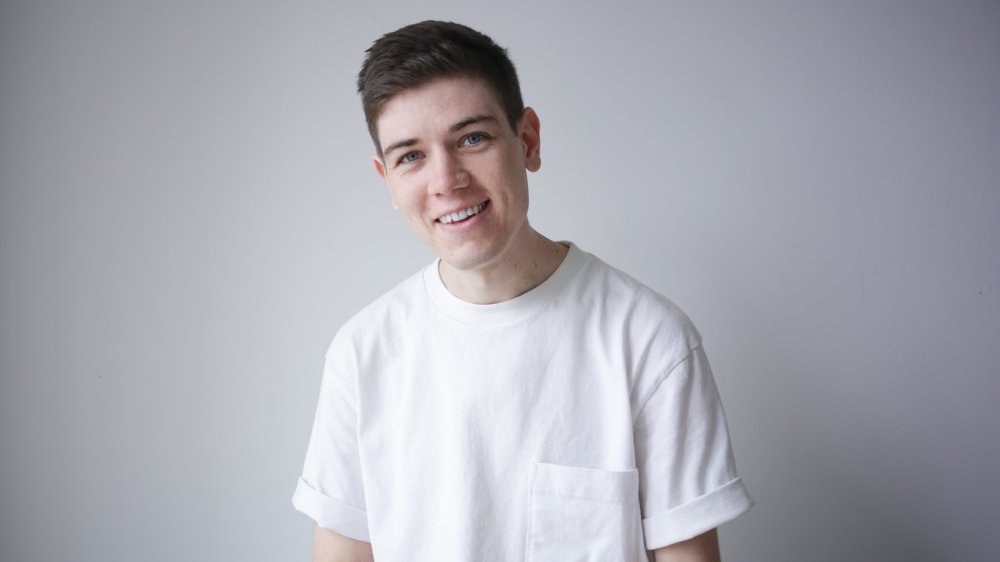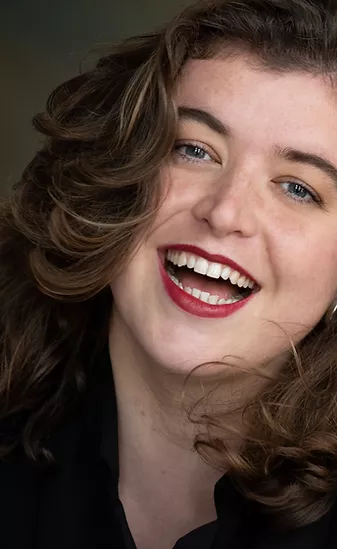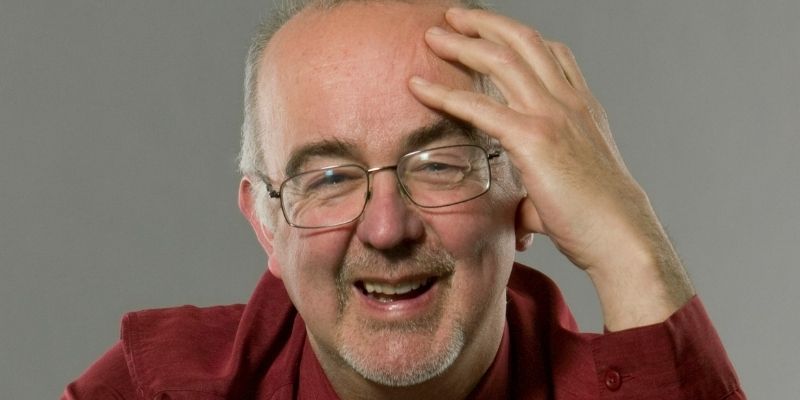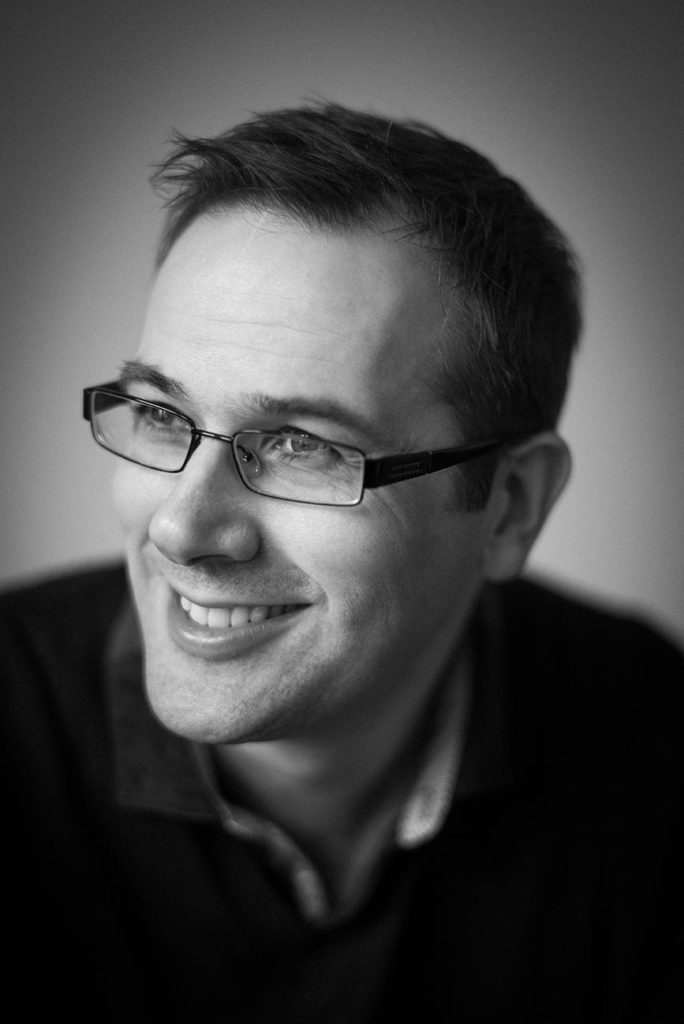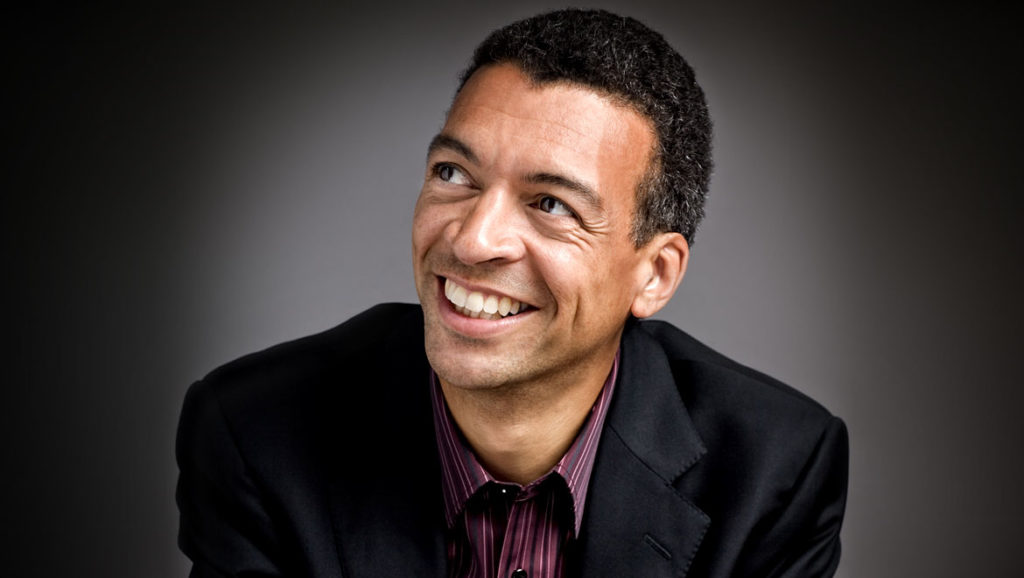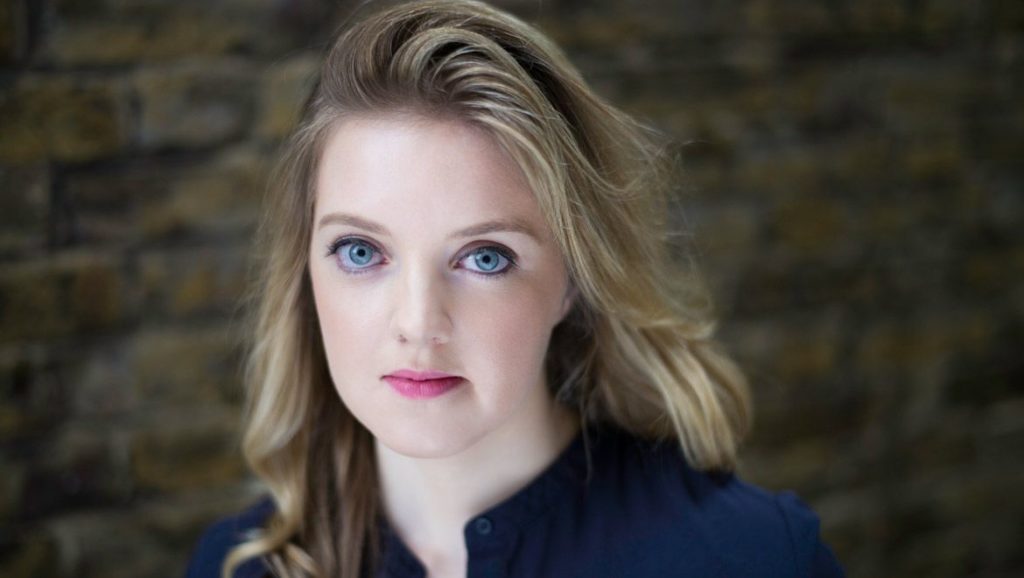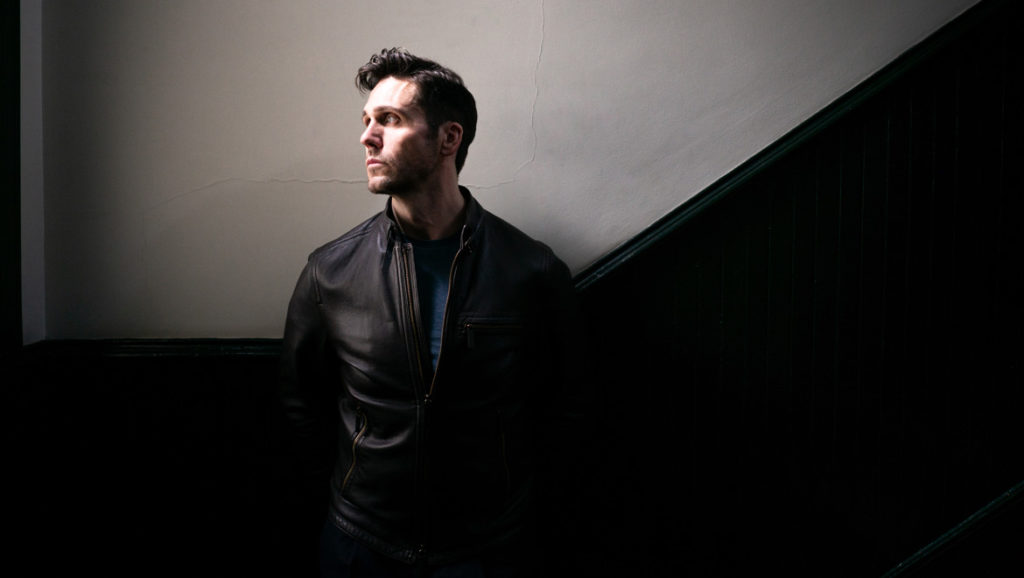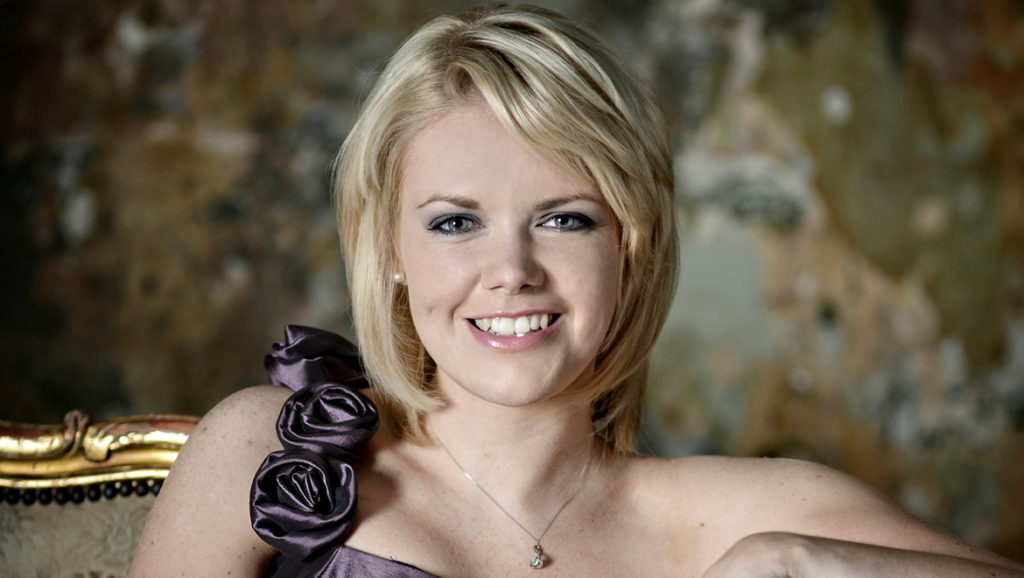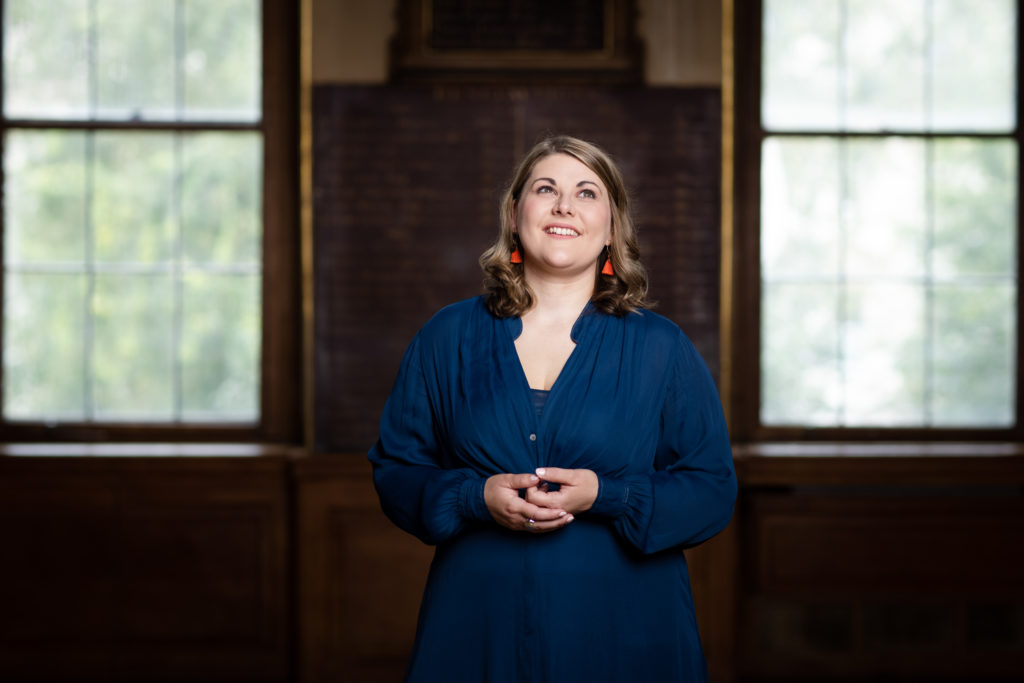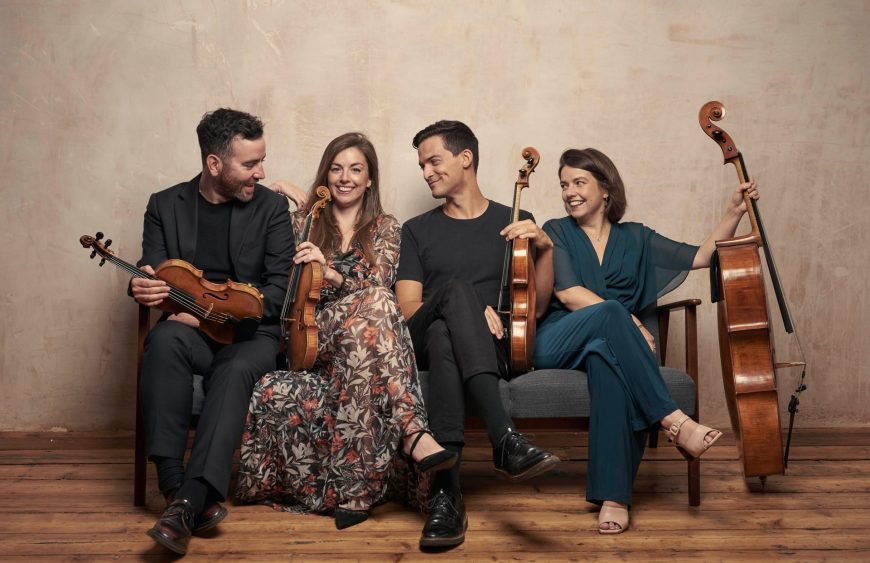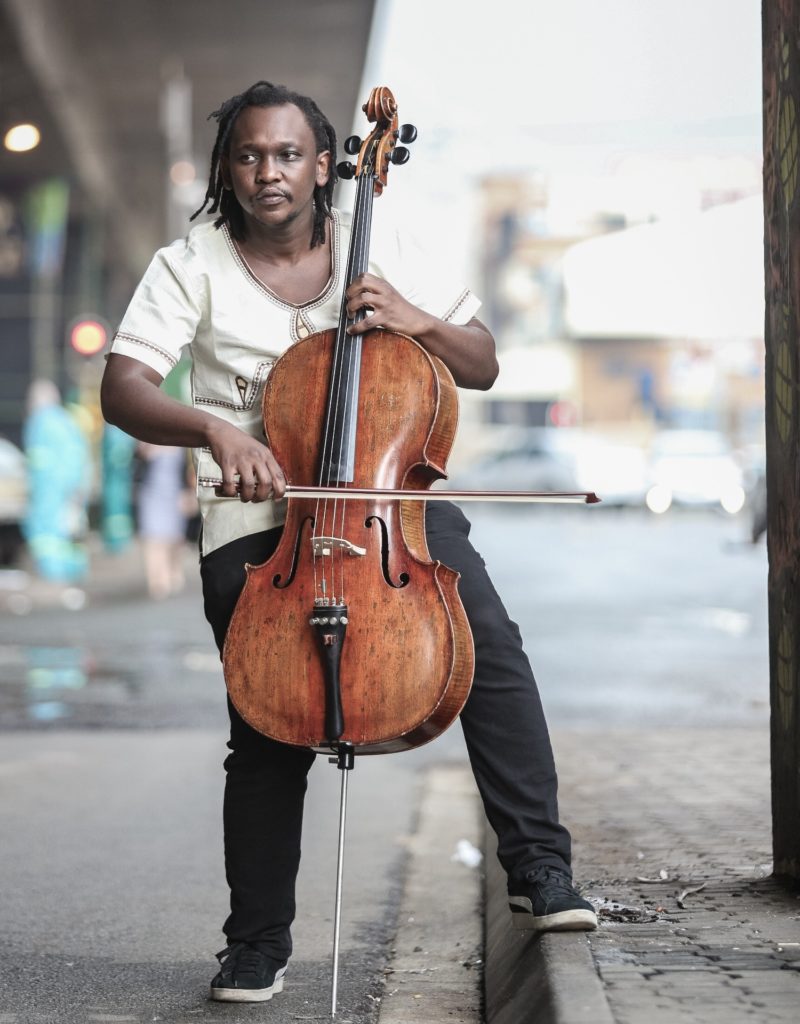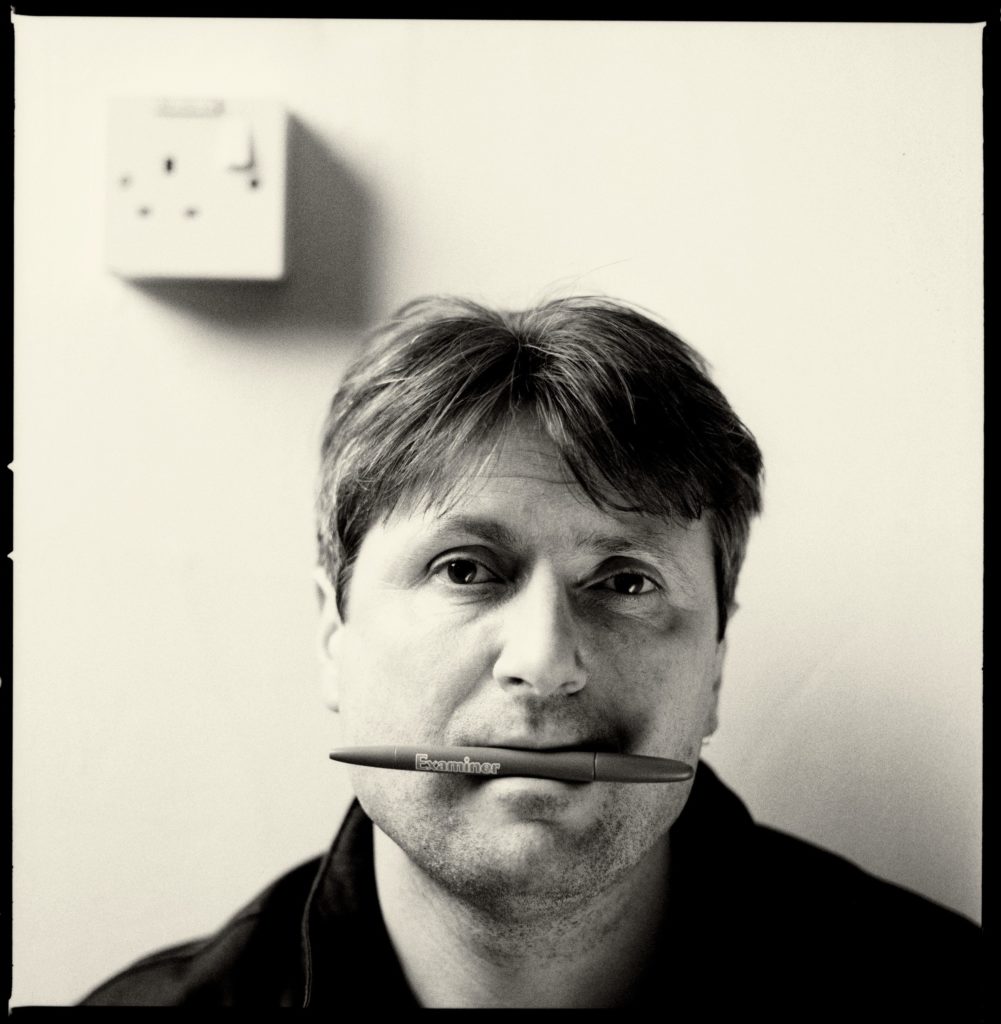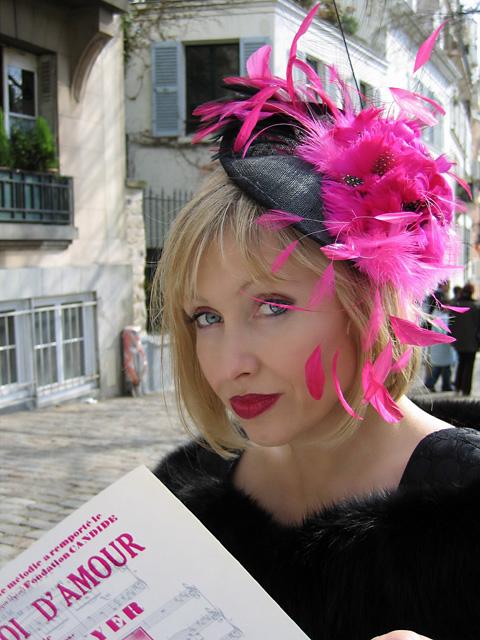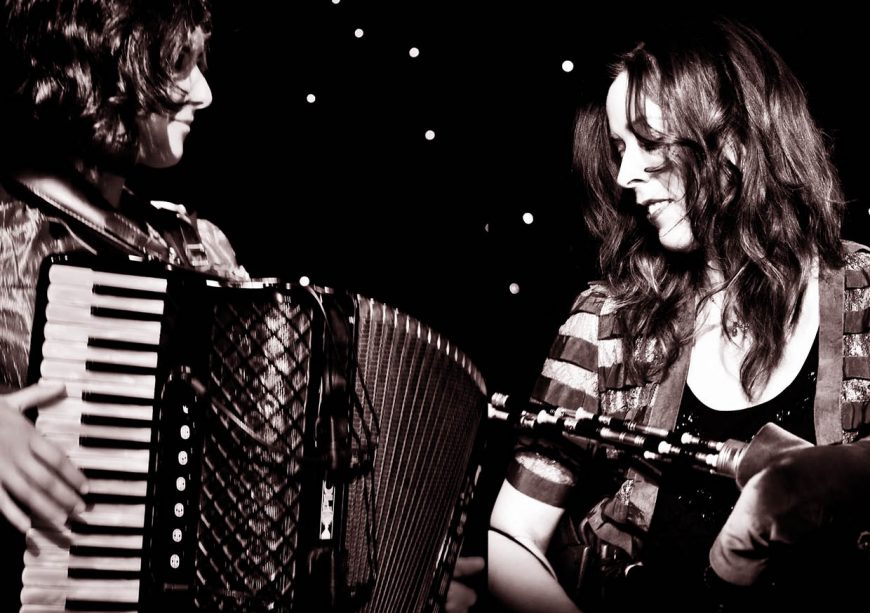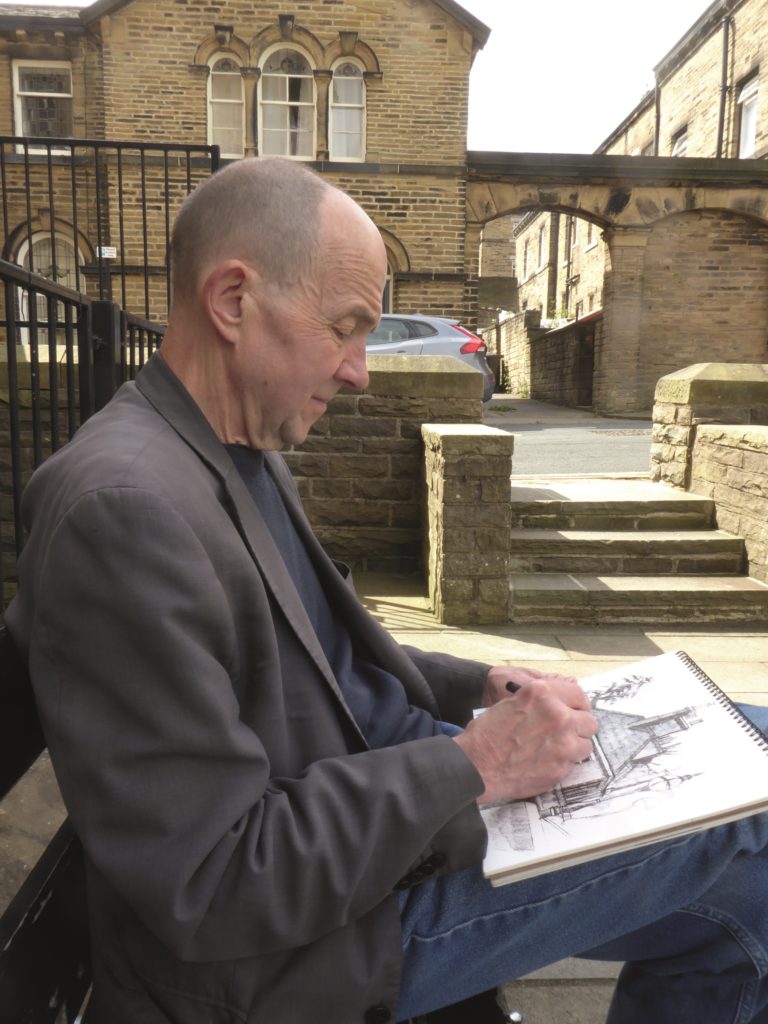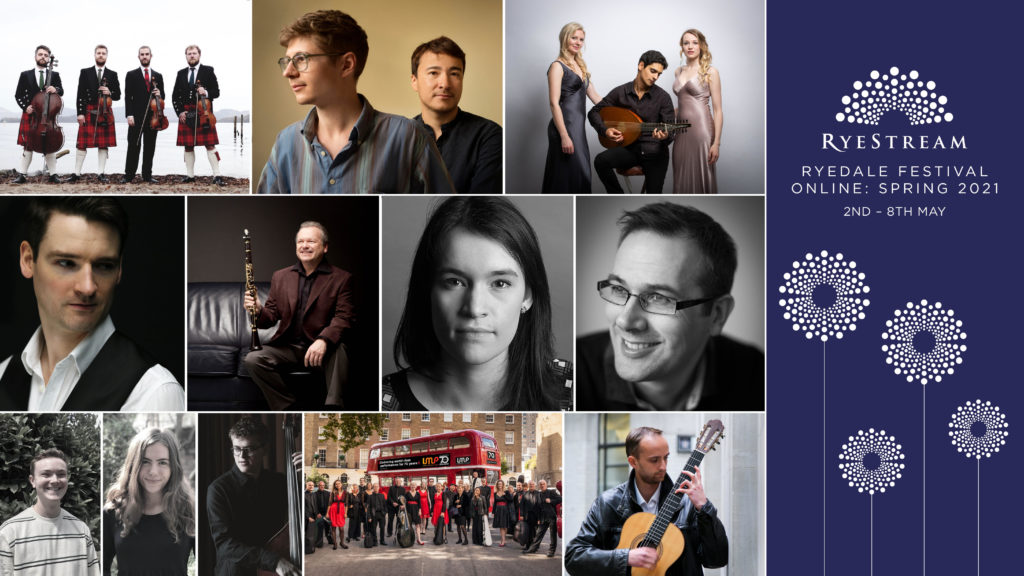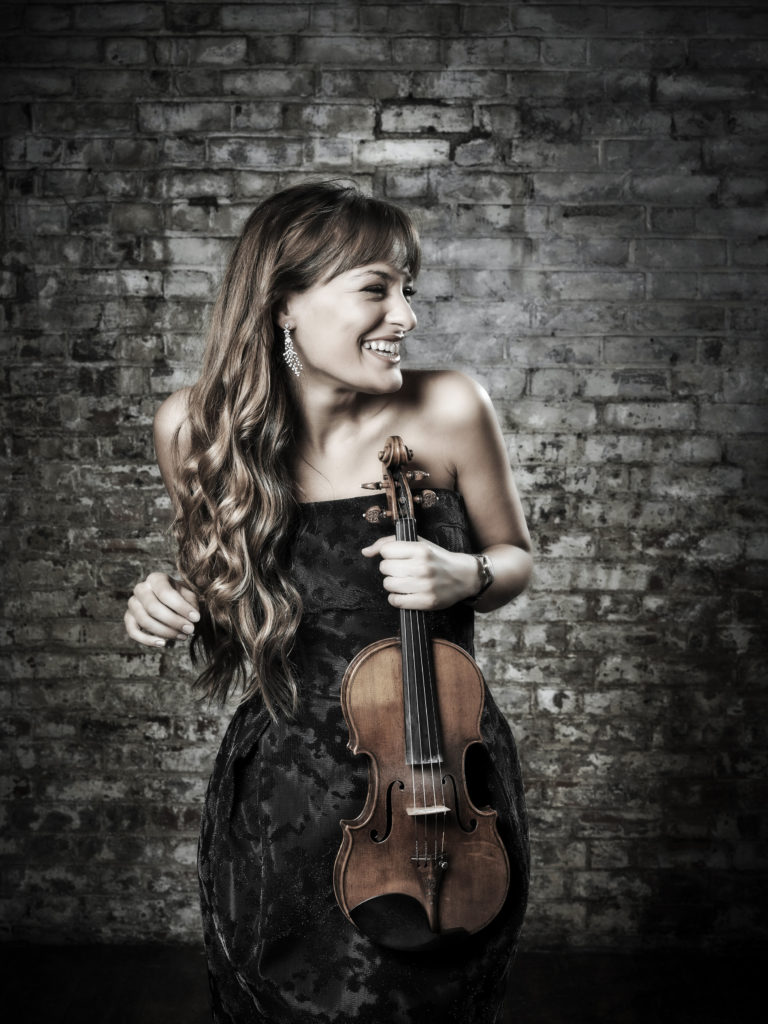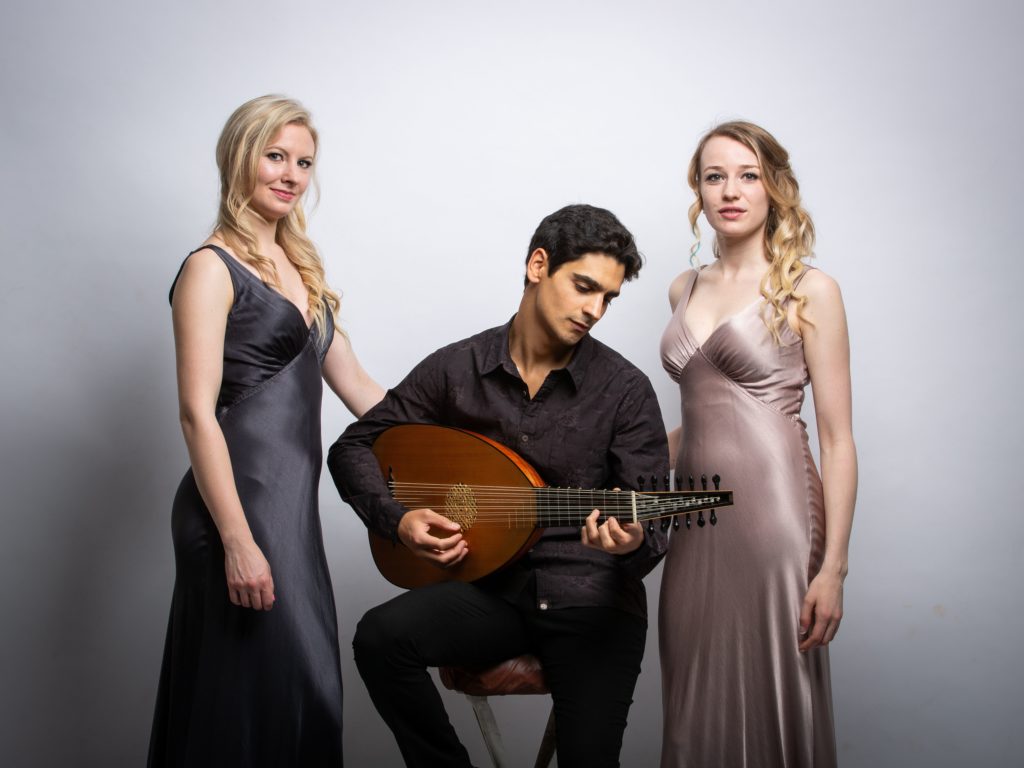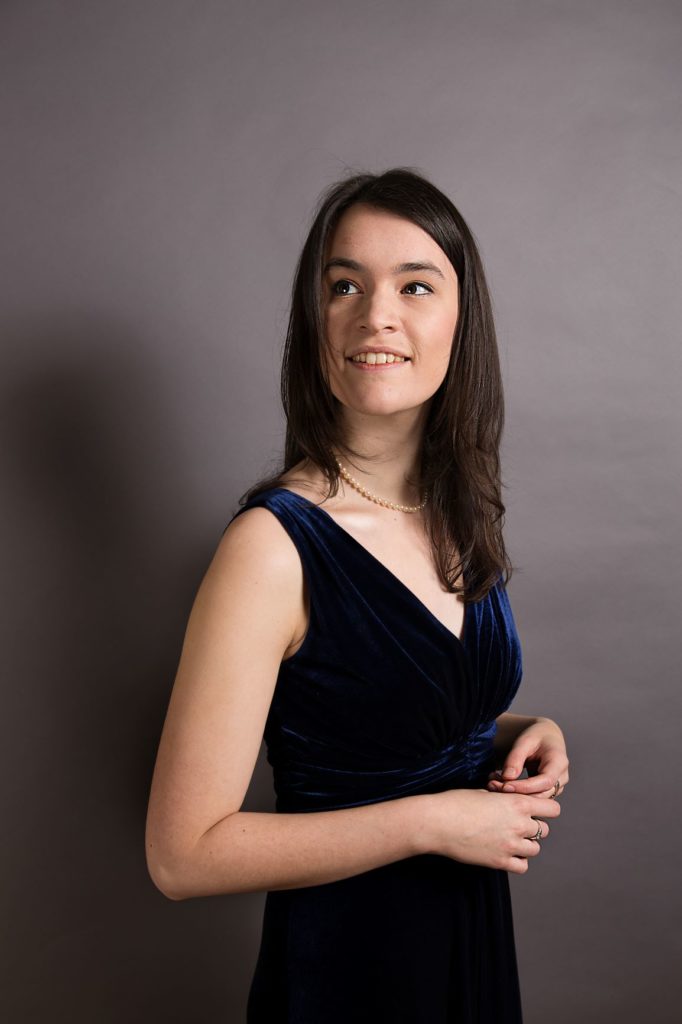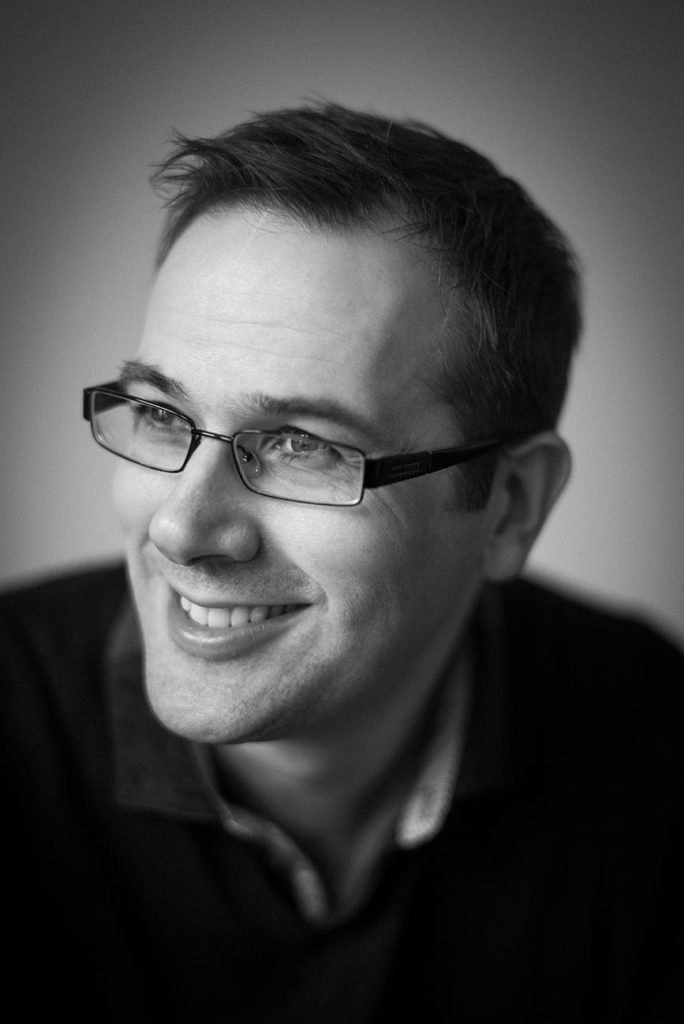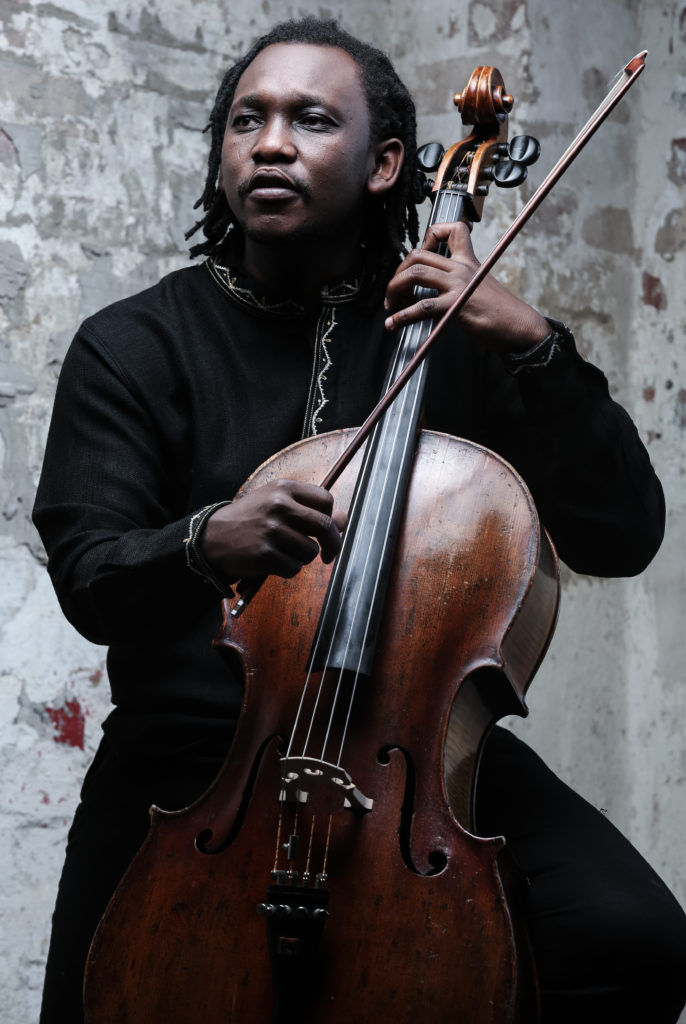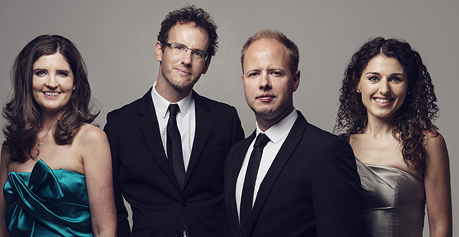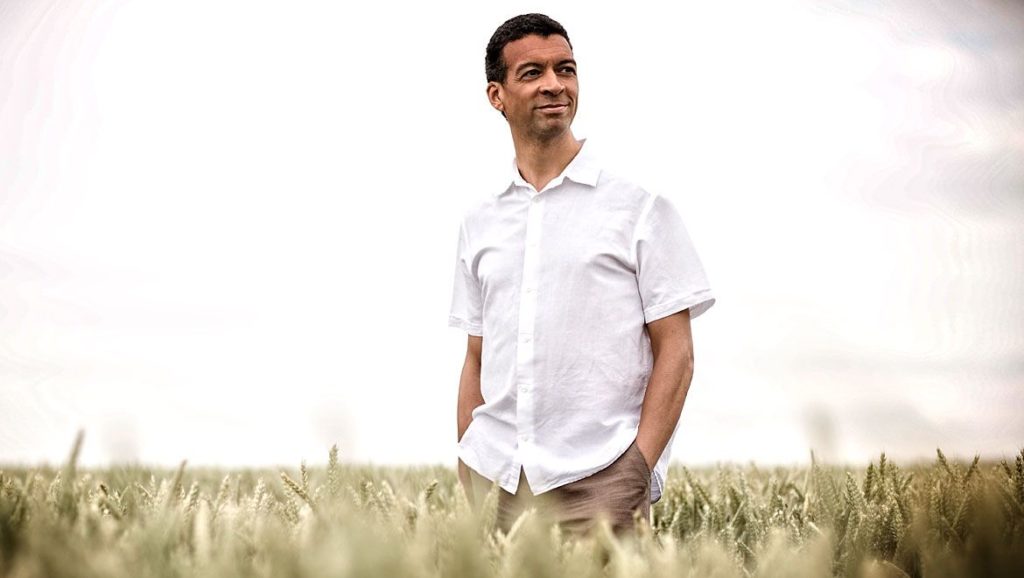
THE 2022 Ryedale Festival will embrace 300 performers in 52 concerts from July 15 to 31, kicking of the event’s fifth decade of inspiring performances in beautiful North Yorkshire locations.
Under Christopher Glynn’s artistic directorship, the festival will find a special place for Handel’s music, including a pop-up production of his magical opera Acis And Galatea that will visit three churches.
The music and legacy of Ralph Vaughan Williams will be in focus too, as will the genre-blending elan of Errollyn Wallen and the 50th anniversary of Swedish supergroup Abba.
The Kanneh-Mason family will open the festival on July 15 with a concert by the seven brothers and sisters from Nottingham, aged between 11 and 24. On July 16, Kadiatu Kanneh-Mason will be in conversation with Edward Seckerson in House of Music: Raising The Kanneh-Masons, a joyful celebration of this extraordinary musical story.
Six world premieres will take centre stage. Julian Philips will mark the 150th anniversary of the birth of Vaughan Williams with Looking West, a new work inspired by the ancient stories and landscapes of northern England.
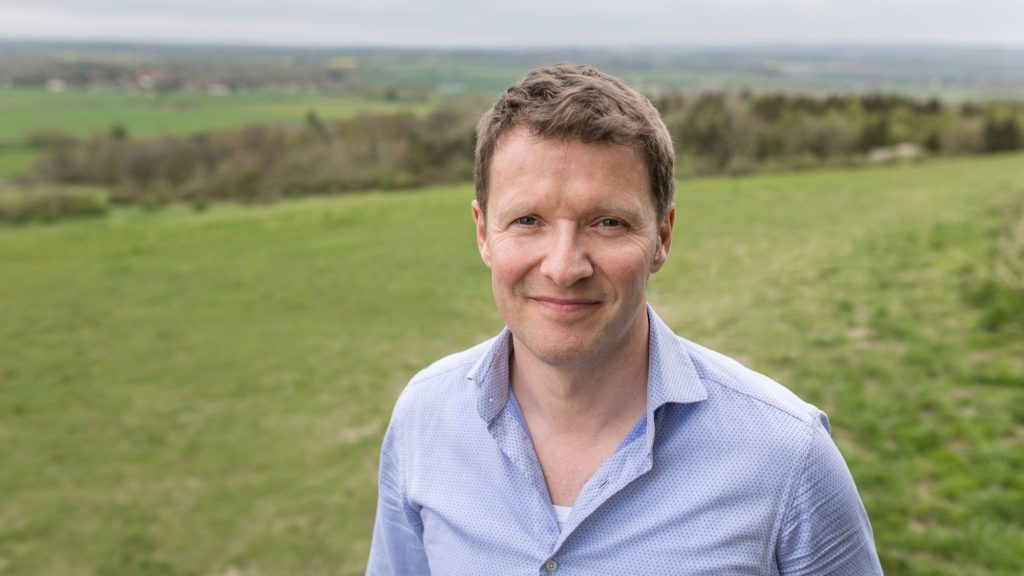
Roxanna Panufnik’s Babylonia will go on an imaginative journey to the Middle East, while Errollyn Wallen and Tarik O’Regan will explore the myth of creation in their co-composed work Ancestor, to be premiered by Philharmonia Baroque.
Joseph Howard’s community song cycle Seven Mercies celebrated the heritage and talent of Pickering on May 21; Robert Balanas will be debuting an ABBA medley for solo violin, and Callum Au will be bringing a new work co-commissioned with Spitalfields Festival.
A strong line-up of artists in residence will be in Ryedale for the festival. Baritone Roderick Williams will lead two of the four concerts marking Vaughan Williams’s anniversary with Christopher Glynn and fellow artists in residence the Maxwell Quartet, as well as leading a singing masterclass with talented young artists. The Gesualdo Six will perform two vibrant programmes in Ampleforth Abbey and Castle Howard.
The festival’s two ensembles in residence, the National Youth Choir of Great Britain and San Francisco’s Philharmonia Baroque (in their first UK tour for more than a decade), will present one of Handel’s Dixit Dominus, a tour-de-force of vocal and instrumental virtuosity that bubbles with the energy and exuberance of youth.
Ryedale Festival Young Artists will be in the spotlight too. Violinist Roberts Balanas will perform a late-night candlelit concert, while Scottish accordionist Ryan Corbett will set out on a “troubadour trail” across Ryedale, bringing music – from the grandeur of Bach to the romance of Tchaikovsky – to beautiful and little-known churches across the region.
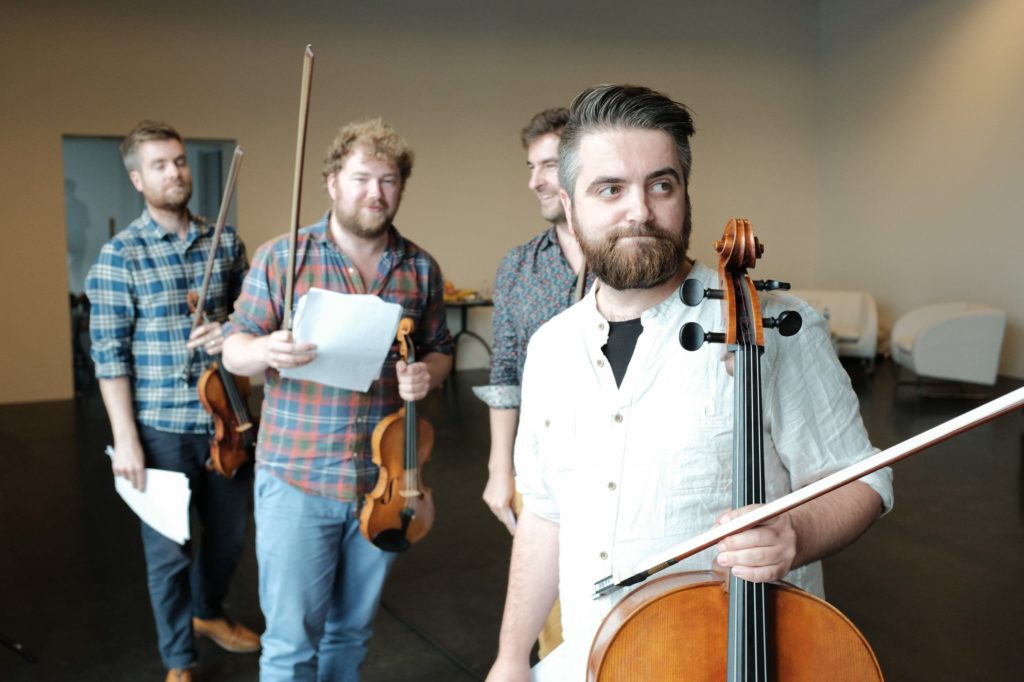
Soprano Siân Dicker and pianist Krystal Tunnicliffe will create a relaxed, informal and interactive concert for people living with dementia, their friends, family and carers – and anyone else who would like to attend. Bassoonist Ashby Mayes will collaborate with Krystal Tunnicliffe in an enterprising programme at a coffee concert.
Further highlights will include the London Mozart Players with pianist conductor Martin James Bartlett; The National Youth Choir of Great Britain performing a programme on the theme of environment; Pete Long and Friends playing 100 Years Of Jazz In 99 Minutes and fast-rising soloists such as violinist Johan Dalene, cellist Bruno Phillipe, trumpeter Lucienne Renaudin Vary, harpsichordist Richard Egarr and pianists Rebeca Omordia and Alim Beisembayev. Renaudin Vary will give a brass masterclass too.
Dame Janet Baker will be in conversation with Edward Seckerson and a visit from poet, author and broadcaster Lemn Sissay will be among the literary events. Family concerts will include a musical version of the modern children’s classic Izzy Gizmo.
For the final gala concert, trumpeter Lucienne Renaudin Vary will join the Royal Northern Sinfonia for a sunny-spirited concerto at the heart of an eclectic programme that will take in lyricism of two English romantics, a Bach-inspired work by Errollyn Wallen and one of Haydn’s most rousing and witty symphonies.
A new partnership with the Richard Shephard Foundation is working in primary schools to transform the festival’s engagement with children across Yorkshire. Already this has supported Seven Mercies, a new Community Song Cycle by Joseph Howard and Emma Harding at the Church of St Peter and St Paul, Pickering, on May 21. Inspired by the church’s famous murals, this celebration of local heritage and talent took the theme of countering difficult times through small acts of kindness.
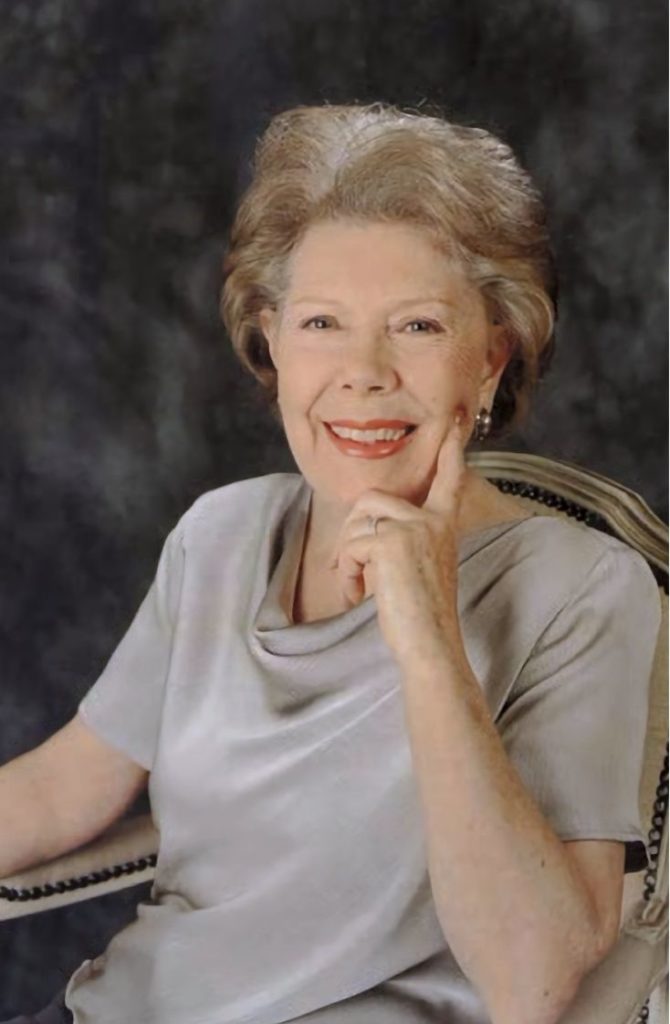
Seven Mercies is one of two major elements of the festival taking place outside the main festival in July. Post festival, on October 29, the Hallé Orchestra and Chorus, Natalya Romaniw, Alice Coote, Thomas Atkins, James Platt and conductor Sir Mark Elder will perform Verdi’s mighty and dramatic Requiem in York Minster.
First-time ticket-buyers can attend selected events for £10, under-18s for £5. All are invited to watch the free-to-view additional content that will be shared on the digital platform RyeStream.
Artistic director Christopher Glynn says: “From legendary artists such as Dame Janet Baker to stars of the new generation like the Kanneh-Masons, we’ve brought together a line-up of international quality to perform in stunning locations across the beautiful area of Ryedale, from historic old churches to magnificent stately homes.
“As always, the festival is a celebration of music and place, and how they can enhance each other. I’m especially pleased that we are working with the Richard Shephard Music Foundation to bring musical opportunities to primary school children across Yorkshire, and that hundreds of tickets will be available from as little as £5 for under-18s and first-time attenders. We look forward to welcoming music-lovers from far and wide to Ryedale this summer.”
For full details, go to: ryedalefestival.com. Box office: 01751 475777; ryedalefestival.com; in person from Memorial Hall, Potter Hill, Pickering, second floor, Monday, Tuesday and Thursday, 9.30am to 2.30pm.
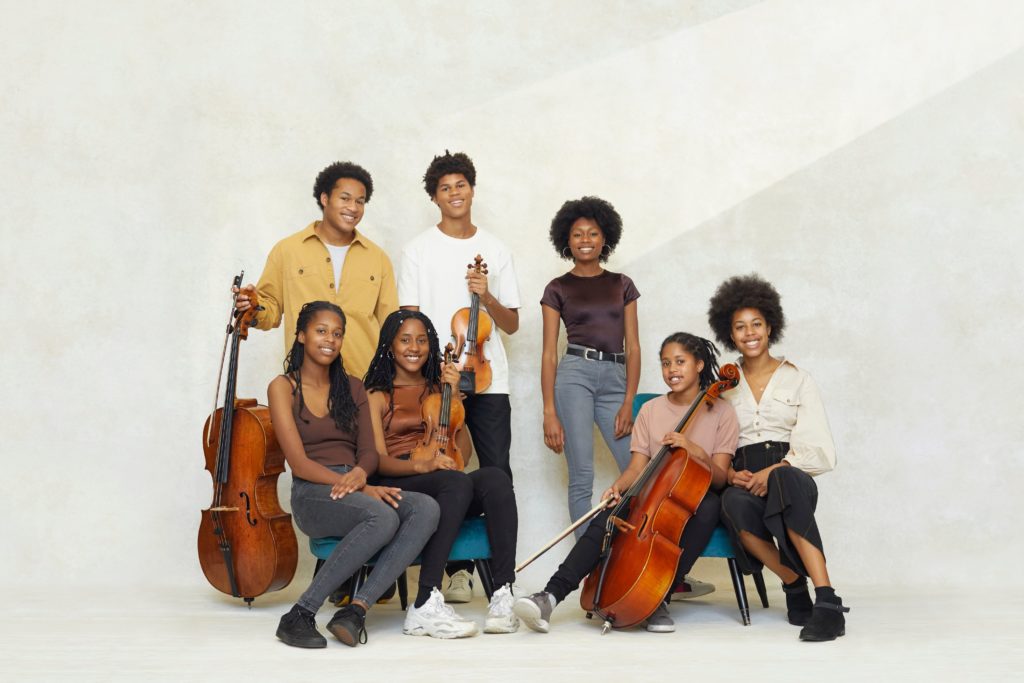
2022 Ryedale Festival programme
July 15, 7pm, St Peter’s Church, Norton
Opening Concert
Kanneh-Mason Family
July 16, 3pm, St Michael’s Church, Malton
House of Music: Raising the Kanneh-Masons
Kadiatu Kanneh-Mason
July 16, 8pm, St Mary’s Priory Church, Old Malton
Johan Dalene, violin
Charles Owen, piano
July 17, 3pm, Helmsley Arts Centre
Family Concert
July 17, 7pm, Duncombe Park
Pre-concert talk: Katy Hamilton
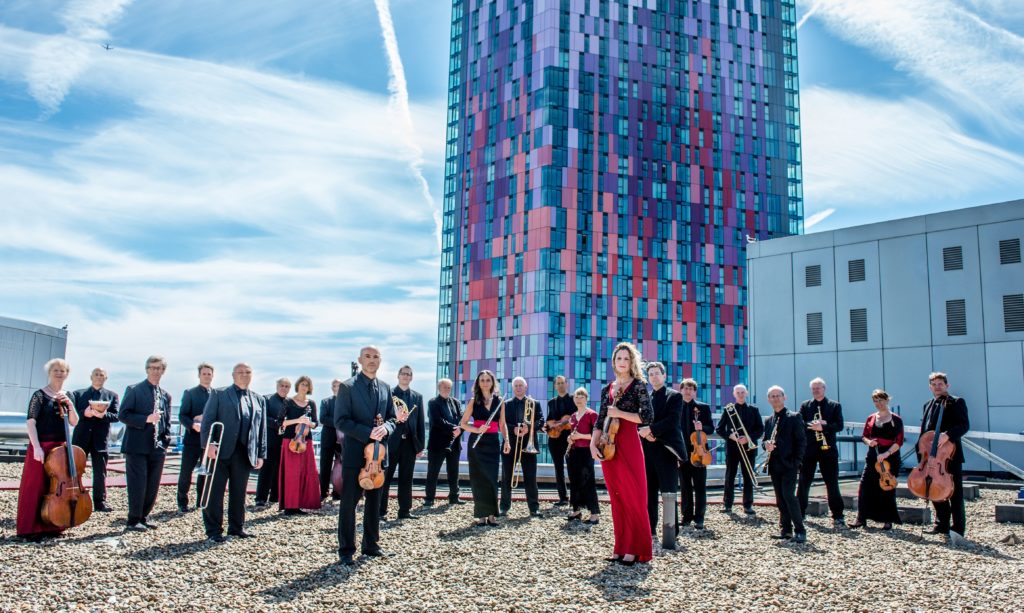
July 17, 8pm, Duncombe Park
The Wanderer
Roderick Williams, baritone
Christopher Glynn, piano
July 18, 11am, Helmsley Arts Centre
Shakespeare’s Infinite Variety
Lucy Beckett, speaker
July 18, 3pm to 5pm, Helmsley Arts Centre
Roderick Williams, masterclass
July 18, 7pm, Sledmere House and Church
Double Concert
July 19, 11am, All Saints’ Church, Slingsby
The Maxwell Quartet
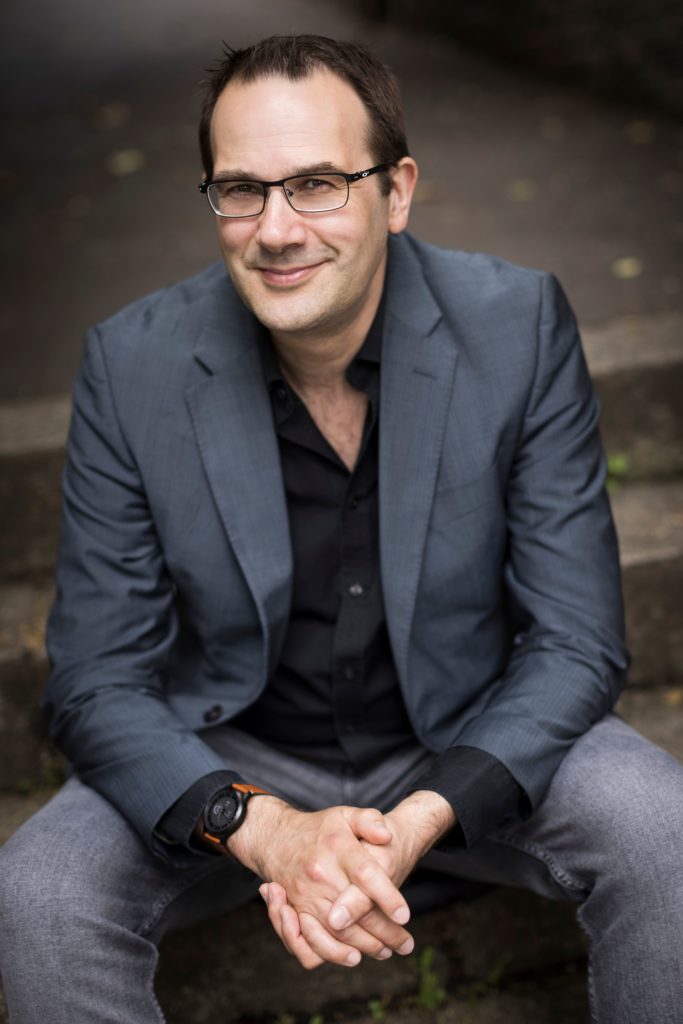
July 19, 2pm, All Saints’ Church, Helmsley
Pre-concert talk
Katy Hamilton
July 19, 3pm, All Saints’ Church, Helmsley
Acis And Galatea I
July 19, 9.30pm, The Milton Rooms, Malton
Late-Night Folk
July 20, 11am, Birdsall House
Margaret Fingerhut, piano
July 20, 3pm, St Mary’s Church, Lastingham
Acis And Galatea II
July 20, 7pm, Church of St Peter and St Paul, Pickering
Pre-concert talk
Katy Hamilton
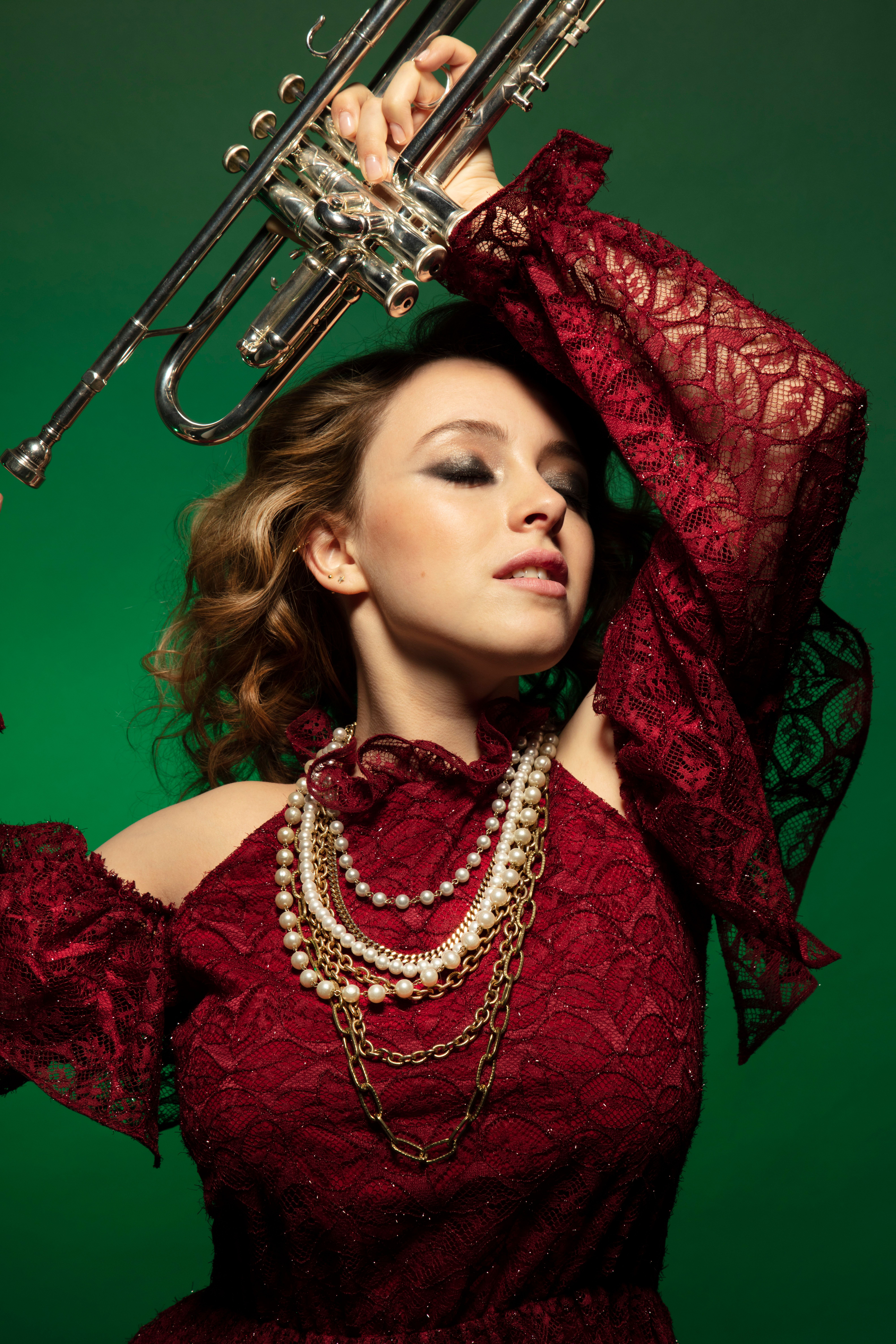
July 20, 8pm, Church of St Peter and St Paul, Pickering
Mystical Songs
Roderick Williams & The Maxwell Quartet
July 21, 11am, St Nicholas Church, Husthwaite
Troubadour Trail I
Ryan Corbett, accordion
July 21, 3pm, St Michael’s Church, Malton
Acis And Galatea III
July 21, 8pm, Birdsall House
Bruno Phillipe, cello
Tanguy de Williencourt, piano
July 22, 1pm, Church of St Martin-on-the-Hill, Scarborough
National Youth Choir
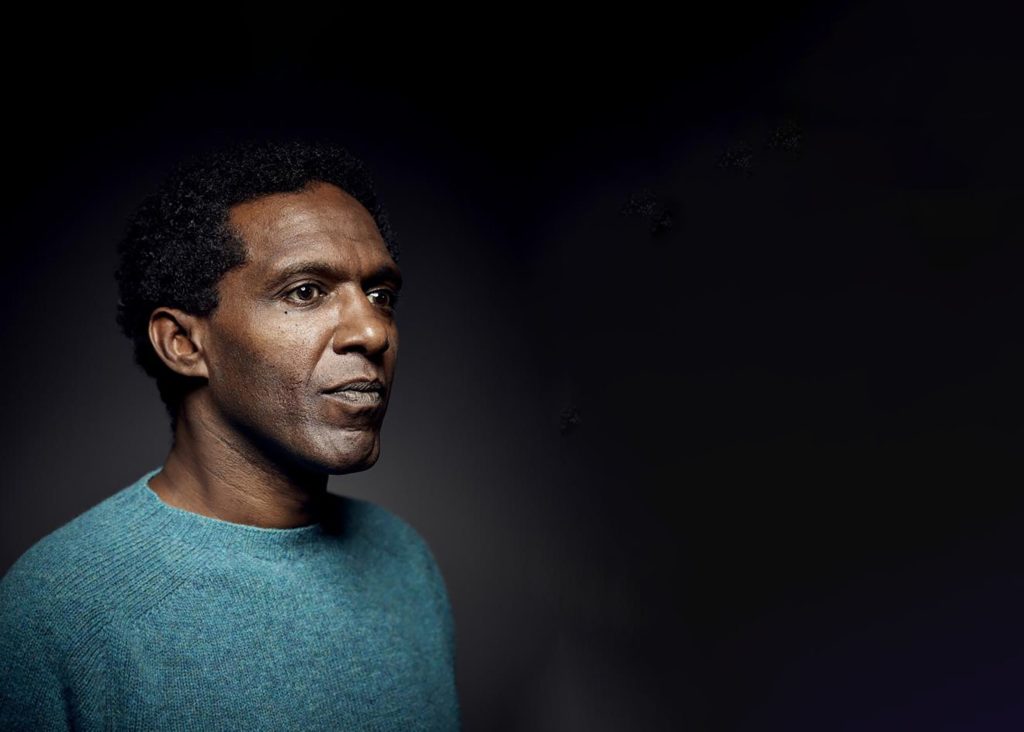
July 22, 3pm, St Hilda’s Church, Sherburn
Troubadour Trail II
Ryan Corbett, accordion
July 22, 8pm, The Milton Rooms, Malton
100 Years Of Jazz In 99 Minutes
Pete Long and Friends
July 23, 11am, Holy Cross Church, East Gilling
Troubadour Trail III
Ryan Corbett, accordion
July 23, 3pm to 5pm, The Milton Rooms, Malton
Come and Sing ABBA!
July 23, 8pm, St Peter’s Church, Norton
London Mozart Players
July 24, 3pm, James Holt Concert Hall, Kirkbymoorside
Kirkbymoorside Town Brass Band
July 24, 6.30pm, All Saints’ Church, Kirkbymoorside
Alim Beisembayev, piano
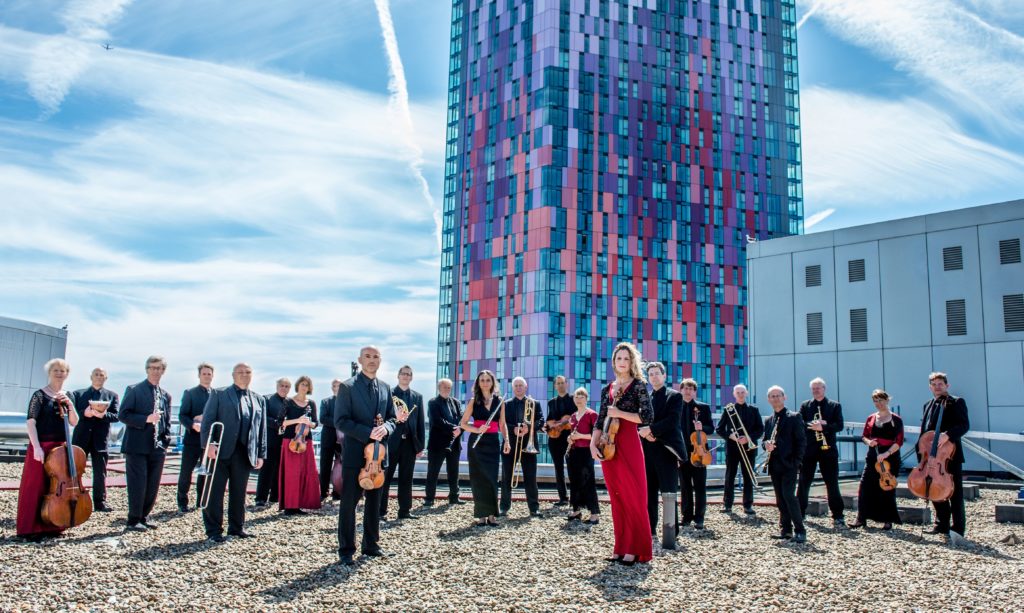
July 24, 9.30pm, All Saints’ Church, Kirkbymoorside
Late-Night Candlelit Concert
Roberts Balanas, violin
July 25, 11am, All Saints’ Church, Hovingham
Rebeca Omordia,piano
July 25, 2pm, Hovingham Hall
National Youth Chamber Choir
Philharmonia Baroque
July 25, 7.30pm, Duncombe Park
Dame Janet Baker
In conversation with Edward Seckerson

July 26, 11am, St Lawrence’s ’s Church, York
Music For A While
Rowan Pierce & Philharmonia Baroque
July 26, 8pm, Ampleforth Abbey
The Gesualdo Six
July 27, 11am, St Michael’s Church, Coxwold
Lucienne Renaudin Vary, trumpet
Félicien Brut, accordion
July 27, 7pm, Castle Howard
Triple Concert
July 28, 11am, St Oswald’s Church, Sowerby
Ashby Mayes, bassoon
Krystal Tunnicliffe, piano
July 28, 3pm, The Milton Rooms, Malton
Dementia-friendly Concert
Siân Dicker, soprano
Krystal Tunnicliffe, piano
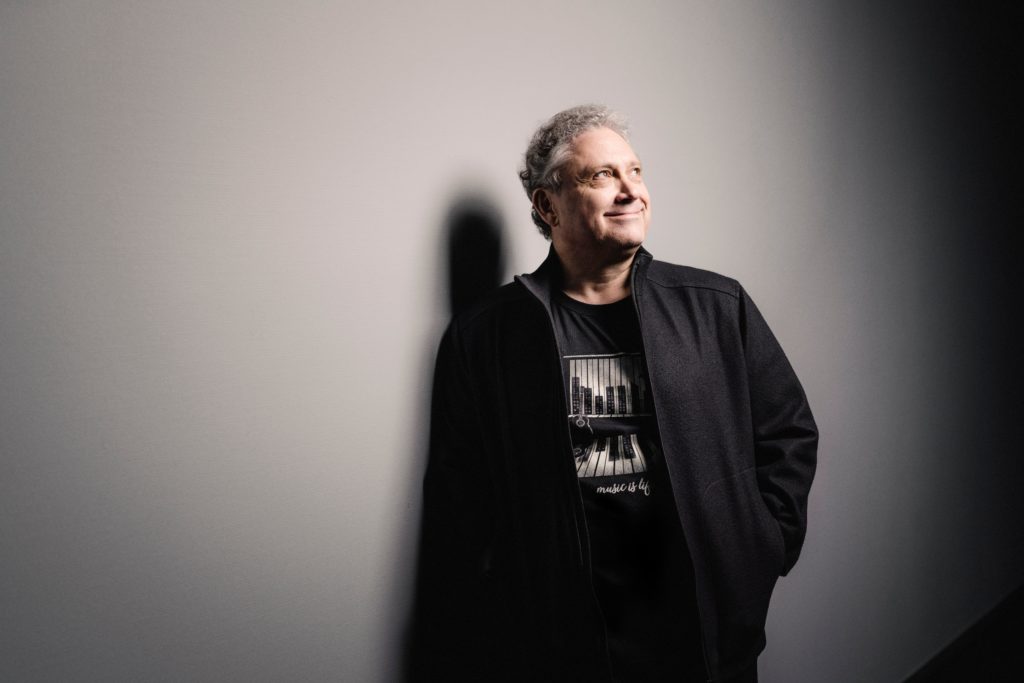
July 28, 7pm, Duncombe Park
Stephen Kovacevich, piano
July 28, 9.30pm, St Gregory’s Minster, Kirkdale
Late-Night Candlelit Concert
Richard Egarr, harpsichord
July 29, 11am, St Peter’s Church, Norton
Inner City Brass
July 29, 3pm to 5pm, James Holt Concert Hall, Kirkbymoorside
Brass masterclass
Lucienne Renaudin Vary
July 29, 7pm, St Peter’s Church, Norton
A Garden Of Good And Evil
Philharmonia Baroque
July 30, 11am, All Saints’ Church, Hovingham
Siân Dicker, soprano
Krystal Tunnicliffe, piano
July 30, 3pm, The Galtres Centre, Easingwold
Lemn Sissay
My Name Is Why
July 30, 6pm, Church of St Peter and St Paul, Pickering
Pre-concert talk
July 30, 7.30pm, Church of St Peter and St Paul, Pickering
Looking West
July 31, 3pm, The Worsley Arms, Hovingham
Jazz in the Garden
July 31, 5pm, All Saints’ Church, Hovingham
Festival Service
July 31, 6.30pm, Hovingham Hall
Final Gala Concert
Royal Northern Sinfonia
Lucienne Renaudin Vary, trumpet
Post-festival concert: October 29, 7.30pm, York Minster
Hallé Orchestra and Chorus
Verdi: Requiem
Natalya Romaniw, soprano
Alice Coote, mezzo-soprano
Thomas Atkins, tenor
James Platt, bass
Sir Mark Elder, conductor


